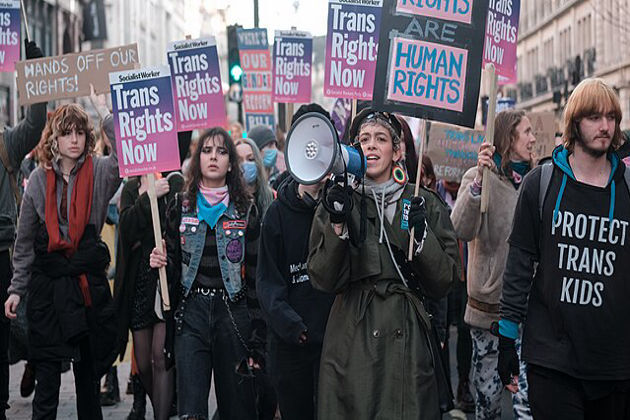Move FM Global News

Equality watchdog guidance sparks fears among trans Britons
Oct 5, 2025LONDON, U.K.: Britain’s Supreme Court ruled in April that under equality laws, “sex” refers to biological sex, meaning transgender women are legally male and transgender men female.
The Equality and Human Rights Commission (EHRC), which enforces equality legislation, issued interim guidance following the judgment, advising that transgender people be excluded from single-sex facilities and services such as toilets, hospital wards, and refuges.
For Rae, a 33-year-old PhD student and science communicator who grew up in Scotland, the ruling has changed daily life. “It’s almost like it’s been made legal to harass trans people,” Rae told Reuters in an interview at Gay’s The Word, Britain’s oldest LGBT+ bookshop.
Since medically transitioning last year, Rae says he now constantly assesses whether spaces are safe. He often uses women’s bathrooms, where he has been told to leave, and once called “disgusting.”
Transgender rights have become a political flashpoint in Britain and internationally. In the United States, President Donald Trump restricted transgender rights through executive orders. Supporters of tighter rules argue that women’s safety is at risk in prisons, hospitals, and refuges, while critics say identity politics has been weaponised to target minorities.
Britain’s government has welcomed the ruling, saying it provides clarity for gender policies. But rights groups warn of widespread adverse impacts. In August, advocacy group TransActual reported that some trans people have avoided hospitals, concealed their identities, or withdrawn from public life since the decision. Others are considering leaving the country.
Keyne Walker, strategy director at TransActual, said the EHRC’s stance has had a “dire effect” and described its interpretation of the ruling as unnecessarily extreme.
The EHRC has submitted updated draft guidance to the government following public consultation. Parliament is expected to review it before the end of the year. An EHRC spokesperson said the body’s advice was “legally accurate and clear.”
Some organisations have already changed policy. The Football Association has barred transgender women from women’s competitions, while the British Transport Police now requires searches in custody to be carried out according to biological sex.
A government spokesperson said protections remain in place against discrimination and harassment of transgender individuals.


